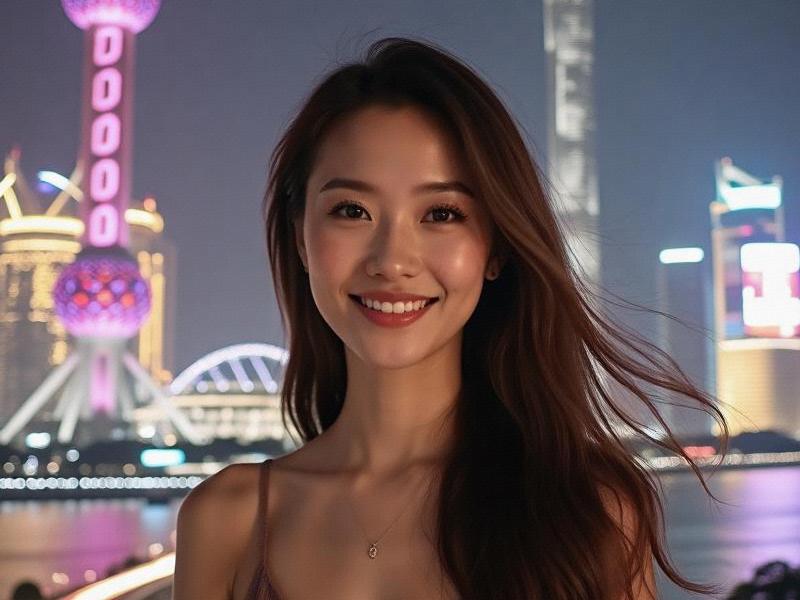This feature explores how Shanghai's female residents are creating new paradigms of success, blending traditional Chinese values with global feminist ideals in 2025.

The streets of Shanghai have always been a runway, but in 2025, the city's women are staging a revolution - not just in fashion, but in redefining what it means to be a successful Chinese woman in the 21st century.
At 7:30am in Lujiazui's skywalks, investment banker Vivian Wu navigates the financial district's glass corridors in Louboutin heels, her WeChat buzzing with overnight market updates from New York. By noon, she'll be hosting a blockchain conference call while her personal shopper at Plaza 66 curates outfits for her evening TEDx speech. At 35, she represents Shanghai's new elite - female professionals who've shattered multiple glass ceilings while maintaining what locals call "nüli" (女力) - feminine power with distinctly Shanghainese characteristics.
Shanghai has long been China's fashion capital, but the definition of beauty has expanded dramatically. The 2025 Shanghai Women's Survey reveals only 12% of local women now consider physical appearance their primary asset, down from 43% in 2015. Instead, "financial independence" (89%), "professional expertise" (76%), and "cultural literacy" (68%) top the list of desirable traits.
阿拉爱上海 The numbers tell a compelling story:
- 58% of senior management positions in Shanghai multinationals are now held by women
- 72% of tech startups in Zhangjiang Hi-Tech Park have female co-founders
- Shanghai women marry 3.2 years later (average age 31.4) than the national average
- 63% of luxury goods purchases are made by women buying for themselves
上海龙凤419油压论坛
Cultural commentator Lin Yao notes: "Shanghai women have created a third way between Western feminism and traditional Chinese expectations. They'll negotiate a billion-dollar deal in perfect English at lunch, then discuss the finer points of xiaolongbao preparation with their grandmother in Shanghainese dialect at dinner."
This cultural duality manifests in unexpected ways. Traditional qipao boutiques along Madang Road now incorporate smart fabrics that adjust to body temperature, while AI-powered makeup mirrors in K11 mall analyze skin conditions before recommending organic products from local brands like Herborist. Even matchmaking has gone high-tech - at People's Park's famous marriage market, parents now exchange digital portfolios including daughters' professional achievements alongside traditional astrological compatibility charts.
上海花千坊419 The education gap is striking: 82% of Shanghai women aged 25-35 hold university degrees, with 37% having studied abroad. This global exposure creates what sociologists call the "Shanghai Hybrid" - women equally comfortable discussing French New Wave cinema at the art deco Cathay Theater as they are analyzing pork belly futures at the commodities exchange.
Challenges persist of course. The "leftover women" stigma still lingers, though weakened. Workplace discrimination cases rose 12% last year despite stronger legal protections. And the pressure to be "perfect" - professionally successful, domestically capable, and eternally youthful - drives a booming ¥14 billion self-improvement industry encompassing everything from MBA programs to gua sha facial treatments.
Yet Shanghai's women continue redefining possibilities. When 28-year-old tech CEO Zhang Mei listed her AI company on the STAR Market last month, she did so wearing a dress woven with conductive threads that changed color during her IPO speech - a perfect metaphor for how Shanghai's modern goddesses continue to rewrite the rules, one innovative stitch at a time.